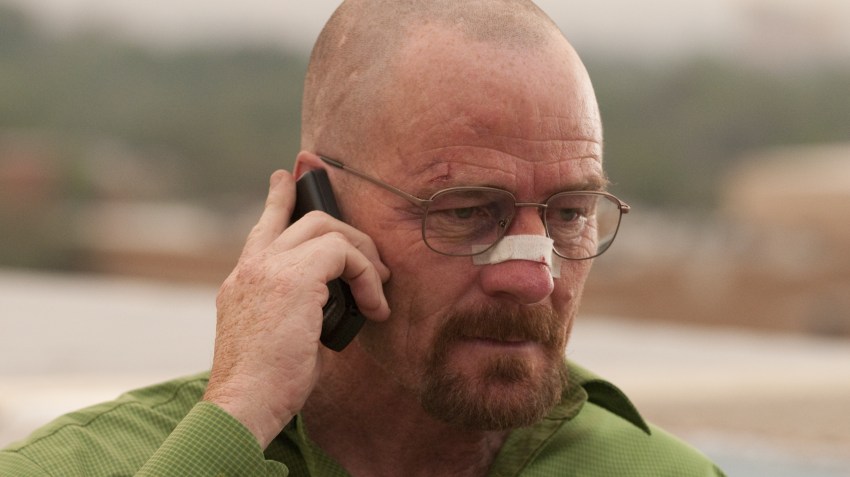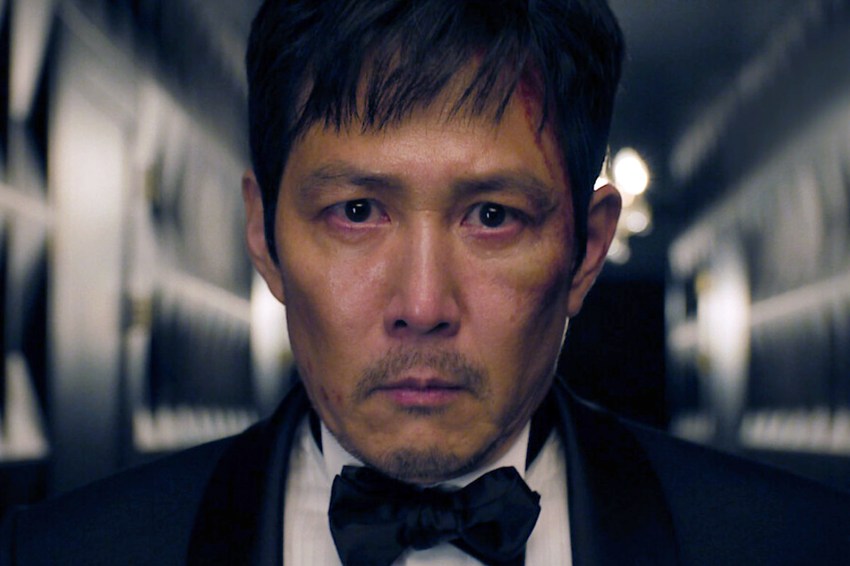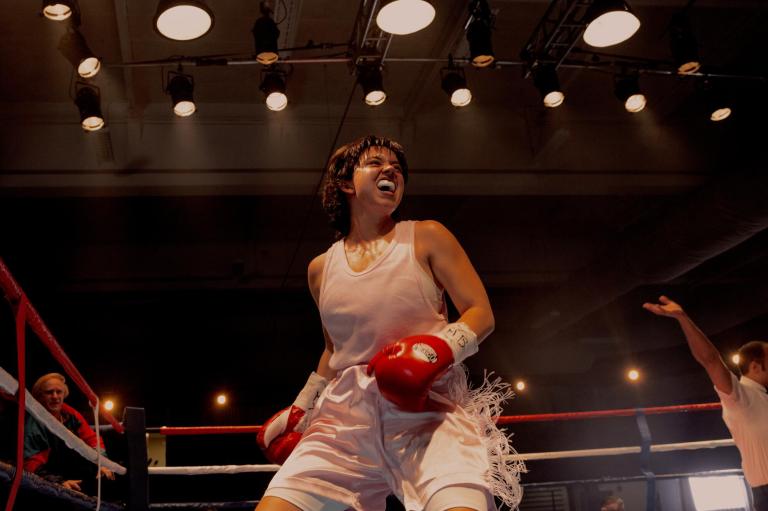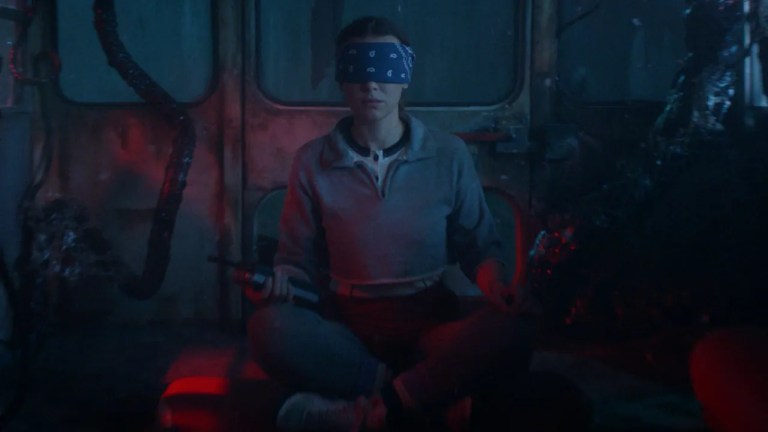
Why The Best TV Shows End With Dead Protagonists
In 2025, two of Netflix’s most popular shows came to an end: You and Squid Game.
You began in 2018, following Penn Badgley’s murderous Joe Goldberg, an anti-hero to simultaneously understand and despise. The final season ends just as it should, tied neatly with a bow, with Joe in prison for life facing his crimes.
On the other hand, Squid Game, a critically acclaimed Korean series, ends with the protagonist’s death. Despite Gi-hoon’s (Lee Jung-jae) best efforts, we’re left grieving both him and the show. Thinking back, all the best shows end with the morally ambiguous protagonist losing their life: Breaking Bad, The Sopranos, Barry, and so many more. On the flip side, when there’s a satisfying finale, such as in You, a show loses its critical appeal.
When the protagonist dies, mourning the series feels more warranted.

Some of the best series on television are led by a morally ambiguous character, such as Breaking Bad’s Walter White, a chemistry teacher who justifies brewing and selling meth to pay for his cancer treatments. The journey from his diagnosis to the show’s finale marks the show nearly perfect and one of the most beloved and critically acclaimed, proving that his death is a necessary component to Breaking Bad’s legacy.
His death holds irony, as the entire plot was catalyzed by needing medical treatment to survive. But more importantly, his death reminds us that life is imperfect. If we want television shows that are both escapist and realist, protagonists have to die. They need to go on adventures we would never embark on and make choices we would never make, but just like our lives will one day end, theirs must as well.
When the protagonist dies, they’re unable to truly face and live with the consequences of their actions. Walter doesn’t have to live with the fact he tore his family apart and contributed to deaths and overdoses because of his actions. In Squid Game, Gi-hoon tries to do good after he wins the first set of games. With his 4.56 billion won, he gets back into the arena with a plan to overthrow the gamemakers.
In doing so, he is responsible for the death of another 455 people—outliving and winning the games comes with the cost of reckoning one’s part in the other players’ deaths. In the finale, he saves the baby born in the arena at the cost of his own life. He’s unable to relish in his victory, while at the same time cannot face the consequences of who’s lost their lives because of his survival. Any other ending would have minimized Squid Game’s dedication to realism, which makes its dystopian nightmare as believable as possible through real and painful consequences.

If Gi-hoon didn’t die at the end, Squid Game would have lost its emotional weight. It is not a comedy, and the characters shouldn’t live out the happiest, most satisfactory endings if we’re to continue empathizing with them in extraordinary circumstances.
Another example is Bill Hader’s Barry in HBO’s Barry. The show begins justifying Barry’s murders—he’s just a hired hitman who wants to be an actor. But violence begets violence, and we understand how anyone who can justify killing “bad people” can justify abuse and other unforgivable crimes. Even still, the world’s perception of him is morphed after Gene Cousineau delivers the killing shot, leaving others to face Barry’s consequences while he’s wrongly remembered as a hero. In some ways, he gets the happy ending he always wanted although he’s not alive to experience it.
The dissonance between the main character not facing the consequences of their actions while others do is reminiscent of life. In life, do-gooders don’t always end up happy; wrongdoers don’t always end up in jail. But someone always has to deal with the fallout of another person’s choices and actions—the best television shows reckon with this in the finale, as the protagonists are unable to achieve true redemption. We grieve the character while grieving the series, allowing the viewer to feel justified in that feeling of emptiness that descends upon us after we finish watching a top-tier show.
When anti-hero protagonists don’t die, television shows can lose their sense of meaning.
Many of the best protagonists are examples of the complexity of the human condition; no one is all good or all bad, although You’s Joe Goldberg is a pretty cut-and-dry serial killer. In his mind, however, his actions are justified, allowing us to feel even the slightest bit of empathy for him through his narration that underscores the series. And while You was never going to reach the quality of shows like Breaking Bad or Squid Game, it would have elevated if Joe died.
As viewers, we always want good to win out over evil; by Joe ending up in prison, facing the consequences for what he’s done and reckoning with them for the rest of his life, along with being castrated by Bronte’s gunshot, is almost too satisfying. Life doesn’t always give us happy endings, answers, and justice, nor do the victims always get their own wins. Joe was shot and nearly burned alive multiple times throughout You, yet never managed to die.
Even though the writers gave Joe the ending he deserved, his unrealistic survival took away the ending we deserved: the messy chaos of life. His ability to evade the law for so long was fiction, but his misogyny and toxic aggression were rooted in the psychology of real serial killers. A more unsatisfying ending would have added to this reality by allowing us as viewers to truly reckon with our ability to empathize with him. By putting Joe in prison, You’s finale gives us an out, forfeiting its moral complexities.
Death is a necessary and absolute part of life—when characters die on television, we grieve them as someone we once knew, but their death also adds meaning to their lives. Grieving them makes them feel more real and makes their loose ends all the more human; their stories transcend from fictional exaggerations of reality and once again become grounded when we’re reminded of the futility of life.











